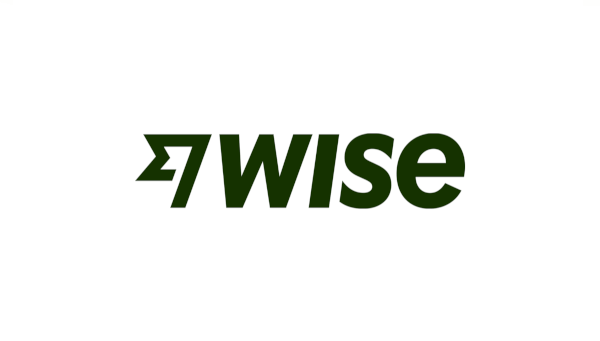What are the weakest currencies in the world? (2025)
The weakest currency in the world might not be the one you think it is. Discover the 10 weakest global currencies and our guide to each of them.

Quantitative easing is a financial policy that was first used in Japan in 2001 to jumpstart the country’s long-stagnant economy. More recently, the term has been regularly bandied around the European news - but what exactly is it, and why is the European Central Bank so committed to it?
In early 2015, the European Central Bank announced that it was starting a €1.1 trillion programme of quantitative easing. QE is a policy designed to inject money straight into the economy, in response to reduced spending by businesses and citizens - basically, it creates new money when there is a lack of it circulating in the economy. One way of fixing this financial shortfall in the economy is for the relevant central bank (in Europe’s case, the European Central Bank (ECB), or the Bank of England in the UK) to literally “make” more money, in a virtual, electronic sense. They then use this to buy financial assets such as government bonds. For example, the ECB could buy €500m worth of a country’s government bonds from a specific bank, and then credit the relevant bank with €500m of “new” money. Simple. The sudden increase in demand (created artificially by the bank suddenly buying up assets) gives a boost to the economy, causing bond prices to rise and interest rates to fall. Suddenly it costs less to borrow money, and consumer spending increases. This in turn gives a shot of adrenaline to the economy and forces it out of its slump. It might sound like financial trickery, and some would argue it is, but the central banks do have the legal entitlement to create money. It has been used to differing levels of success throughout the world over the last ten years, and is always a controversial course to take.
The pro-QE lobby’s main argument is that QE has been proven to work in the past. In the UK in 2009, for example, the Bank of England ploughed £200bn into the British economy, buying assets from pensions funds and insurers and crediting the money directly to the bank accounts of those companies (in this way, bypassing the banks). Economic growth saw an increase and a deeper slump in what was already a recession was avoided. Vital industries and jobs were saved, all thanks to the magic of QE… of course that narrative was written by those who already agree that QE works.
The biggest argument against QE is the concern about inflation spiralling out of control - think Germany in the 1930s, where so much money had been printed to try and get Germany out of its depression and to pay back the reparations due after World War I that people were wheeling barrows of money to the bakery to buy bread. Even a small increase in inflation has a knock-on effect on household economics, causing a drop in living standards for members of the public. Another criticism of QE is that is largely a psychological trick: It is a way of convincing people and businesses to stop saving and start spending. However, that only works if QE is timed correctly - too late and the damage is done. Money is hoarded and the economy grinds slowly to a standstill, until the only answer is to pour more and more “fake money” into the system - a process called “quantitative easing infinity”, which has the potential to end very unpleasantly. Sending money internationally? Use Wise to save on bank charges.
*Please see terms of use and product availability for your region or visit Wise fees and pricing for the most up to date pricing and fee information.
This publication is provided for general information purposes and does not constitute legal, tax or other professional advice from Wise Payments Limited or its subsidiaries and its affiliates, and it is not intended as a substitute for obtaining advice from a financial advisor or any other professional.
We make no representations, warranties or guarantees, whether expressed or implied, that the content in the publication is accurate, complete or up to date.

The weakest currency in the world might not be the one you think it is. Discover the 10 weakest global currencies and our guide to each of them.

The strongest currency in the world might not be the one you think it is. Discover the top 10 global currencies right now (plus a few more) and guides to each.

If you bank with Chase UK®¹ and you’re worried about the security of your payment card, you’ll be looking for quick and convenient ways to cancel a Chase card...

If you’re planning a holiday or business trip, you’ll need to work out the cost of spending in a different currency. Many people these days choose to spend on...

Looking for Christmas savings tips? You’re in the right place. As the costs of living increase, and rising interest rates push up mortgage repayments for many...

For customers of Wise Payments Ltd, sending or holding money in the Wise account, we safeguard it in keeping with Wise’s regulatory obligations in the UK. We...